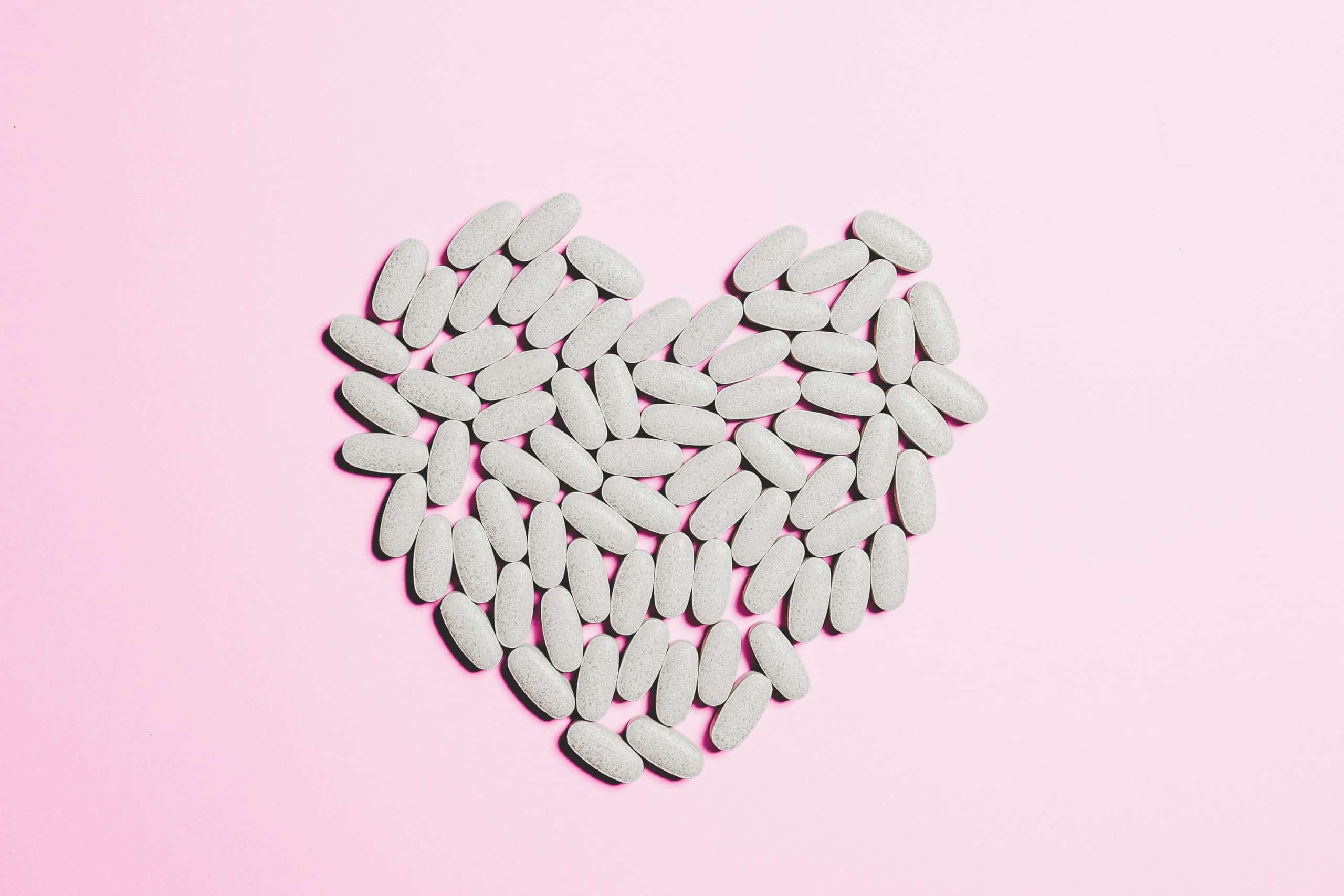If I had to pick one topic that is both the most polarizing and misunderstood in IBD nutrition- it’s probiotics. And specifically probiotics for IBD.
In fact, I was surprised to learn that in 2020 the American Gastroenterology Associates (AGA) recommended against the use of probiotics in Crohn’s and only suggested the use of probiotics in the context of a clinical trial in UC patients.
In our practice, we routinely recommend the use of probiotics despite the AGA’s recommendation. In both the research and our practice we have seen positive patient outcomes in response to probiotics despite a lack of clarity that some people face over how and when to best use them..
As you will appreciate after reading today’s article, a lot of the confusion can be clarified by understanding three very important facts about probiotics.
Probiotic Fact #1: Probiotics are strain, dose & duration specific.
When we evaluate the research on a probiotic in our practice, we always consider the strain name of a probiotic.
When identifying a probiotic, there are three parts to a name:
- The first part (ex. Lactobacillus) is the genus.
- The second part (ex. Plantarum) is the species.
- The third part (ex. 299v) is the strain.
The letters and numbers after that specify the STRAIN of probiotic which is the most important identifying factor when it comes to probiotics. In research on probiotics- the strain name is what differentiates it from the sometimes hundreds of others in it’s category.
However, many probiotics do not even list the strain name which makes it hard to even evaluate its effectiveness. Not understanding which strain is being used (and the importance of knowing that) is one major reason why people disagree on the use of probiotics and why it’s so hard to find consistent information on probiotics for IBD.
The bottom line is: If the strain isn’t listed, avoid it.
Beyond strains, the specific dose and how long you take a probiotic can also play a role in it’s effectiveness. For example, if the evidence shows that it takes 6 weeks to reduce symptoms while taking 10 billion CFU’s, we can’t expect that taking 1 billion of the same strain for 2 weeks will yield the same results.
Yet oftentimes people will assume probiotics work at every level and any time duration. Like most things- the quality and duration of use can really make a difference. Avoid experimenting on yourself and go with what we know works in research.
Probiotic Fact #2: Not all probiotics have evidence for improving Crohn’s and Ulcerative Colitis
Just taking any probiotic off the shelf is not the best strategy to improve your symptoms. It’s best to only take probiotic strains that are supported by strong evidence for benefit, because some strains could actually make your IBD worse. Especially given some strains can make symptoms worse in IBD.
This is a mistake we see people making on a regular basis. Often as IBD patients we feel vulnerable (especially in a flare) and are more susceptible to just trying anything to help. Also, when we are often tired, fatigued and have what I call “flare brain”- we just simply aren’t up for doing a thesis level amount of research to find which probiotics are best.
That’s ok- I’ve got you covered.
In the second part of this probiotic series- I will offer up much more specific guidance on which probiotic strains have the most potential to help you.
Although we recommend working with an IBD dietitian for customized guidance, having the knowledge of how to evaluate probiotics for yourself can be empowering and help you make better and more informed decisions for yourself.
Probiotic Fact #3: Just because a probiotic doesn’t improve disease state doesn’t mean it can’t improve other symptoms
In terms of probiotic use in Crohn’s disease, there is only one option with evidence to support improving anything. However, almost half of those with Crohn’s also experience IBS symptoms even when their inflammation and disease activity is low.
Many Ulcerative Colitis and Microscopic Colitis patients also experience irritation like symptoms even despite being in remission. In our practice we have seen this number to be much higher.
When it comes to choosing the best probiotic for symptom reduction- a lot will depend on what symptoms are at the forefront. What works for diarrhea dominant IBS will be different than what works for constipation dominant IBS. Also, if bloating and abdominal pain are present- this also might change our recommendations on what treatment route would be best.
In addition, sometimes a probiotic approach alone might not be enough to reduce symptoms. Working with an IBD focused dietitian can help you figure out how to adjust diet and supplement interventions in a way that aligns with what works for you.
The Bottom Line
There are many things to consider when looking into using probiotics for IBD- like the strain name, dose, duration and quality of a product.
There are also many things available on the market to consumers that don’t even provide the clarity we need to make an informed decision about what will work best for us.
I hope that in sharing this with you you’ll be able to make more informed decisions for yourself and feel less confused about the topic!




0 Comments
Trackbacks/Pingbacks